This article was co-authored by Jalpa Sheth and by wikiHow staff writer, Madeleine Flamiano. Jalpa Sheth is a Registered Dietitian and Nutritionist and the Founder of Jalpa Sheth Nutrition & Wellness. With over seven years of experience, she specializes in weight management, medical nutrition therapy, sports nutrition, vegetarian and vegan nutrition, and wellness nutrition. She holds a Master’s degree in Health & Nutrition from Brooklyn College, CUNY, and a Certificate of Training in Adult Weight Management from the Academy of Nutrition & Dietetics, CDR.
There are 24 references cited in this article, which can be found at the bottom of the page.
Want to look and feel great for years to come? Well, by future proofing your body, you can do just that. Essentially, "future proofing" is investing in your health now so that it's in tip-top shape even when you get older. Doctors and scientists have done a lot of research to crack the code for longevity, and we're here to share their findings with you. Follow all the steps in this expert-backed list to protect your physical, mental, and emotional health so you'll be the best version of yourself no matter what your age is.
Things You Should Know
- Eat a balanced diet to manage your weight, stabilize your blood pressure, keep your blood sugar down, and support your digestive health.
- Exercise regularly and take "movement breaks" at work to avoid high blood pressure, sore joints, stiff muscles, anxiety, and depression.
- Practice stress reduction by practicing mindfulness, going out in nature, trying out yoga, and investing in your relationships.
- Have regular check-ups with your doctor in order to catch health issues early and treat them right away, which will improve your quality of life.
Steps
Expert Q&A
-
QuestionHow much protein should you eat each day?
 Jalpa ShethJalpa Sheth is a Registered Dietitian and Nutritionist and the Founder of Jalpa Sheth Nutrition & Wellness. With over seven years of experience, she specializes in weight management, medical nutrition therapy, sports nutrition, vegetarian and vegan nutrition, and wellness nutrition. She holds a Master’s degree in Health & Nutrition from Brooklyn College, CUNY, and a Certificate of Training in Adult Weight Management from the Academy of Nutrition & Dietetics, CDR.
Jalpa ShethJalpa Sheth is a Registered Dietitian and Nutritionist and the Founder of Jalpa Sheth Nutrition & Wellness. With over seven years of experience, she specializes in weight management, medical nutrition therapy, sports nutrition, vegetarian and vegan nutrition, and wellness nutrition. She holds a Master’s degree in Health & Nutrition from Brooklyn College, CUNY, and a Certificate of Training in Adult Weight Management from the Academy of Nutrition & Dietetics, CDR.
Registered Dietitian and Nutritionist The average person needs 0.8 grams of protein per kilogram of body weight. However, different phases of your life have different protein demands—for instance, a child needs a different amount of protein from an adult, who needs a different amount of protein from a geriatric individual.
The average person needs 0.8 grams of protein per kilogram of body weight. However, different phases of your life have different protein demands—for instance, a child needs a different amount of protein from an adult, who needs a different amount of protein from a geriatric individual. -
QuestionCan fasting increase your life expectancy?
 Jalpa ShethJalpa Sheth is a Registered Dietitian and Nutritionist and the Founder of Jalpa Sheth Nutrition & Wellness. With over seven years of experience, she specializes in weight management, medical nutrition therapy, sports nutrition, vegetarian and vegan nutrition, and wellness nutrition. She holds a Master’s degree in Health & Nutrition from Brooklyn College, CUNY, and a Certificate of Training in Adult Weight Management from the Academy of Nutrition & Dietetics, CDR.
Jalpa ShethJalpa Sheth is a Registered Dietitian and Nutritionist and the Founder of Jalpa Sheth Nutrition & Wellness. With over seven years of experience, she specializes in weight management, medical nutrition therapy, sports nutrition, vegetarian and vegan nutrition, and wellness nutrition. She holds a Master’s degree in Health & Nutrition from Brooklyn College, CUNY, and a Certificate of Training in Adult Weight Management from the Academy of Nutrition & Dietetics, CDR.
Registered Dietitian and Nutritionist There's no research that supports fasting increasing your life expectancy. Although fasting can definitely help your digestive system get some rest, it's typically geared more toward spiritual health rather than physical health.
There's no research that supports fasting increasing your life expectancy. Although fasting can definitely help your digestive system get some rest, it's typically geared more toward spiritual health rather than physical health.
Expert Interview

Thanks for reading our article! If you'd like to learn more about living healthier, check out our in-depth interview with Jalpa Sheth.
References
- ↑ https://www.hcf.com.au/health-agenda/food-diet/nutrition/what-are-wholefoods
- ↑ https://www.hsph.harvard.edu/nutritionsource/what-should-you-eat/fats-and-cholesterol/types-of-fat/omega-3-fats/
- ↑ https://www.myplate.gov/eat-healthy/grains
- ↑ https://www.hopkinsmedicine.org/health/wellness-and-prevention/is-there-really-any-benefit-to-multivitamins
- ↑ https://www.hhs.texas.gov/sites/default/files/documents/services/health/texercise/importance-of-hydration.pdf
- ↑ https://newsinhealth.nih.gov/2021/04/good-sleep-good-health
- ↑ https://www.mayoclinic.org/healthy-lifestyle/fitness/in-depth/exercise/art-20048389
- ↑ https://www.nia.nih.gov/health/maintaining-healthy-weight
- ↑ https://www.cdc.gov/workplacehealthpromotion/initiatives/resource-center/pdf/Workplace-Physical-Activity-Break-Guide-508.pdf
- ↑ https://corporatetraining.usf.edu/blog/movement-mindfulness-and-motivation-how-to-increase-employee-productivity
- ↑ https://corporatetraining.usf.edu/blog/movement-mindfulness-and-motivation-how-to-increase-employee-productivity
- ↑ https://www.fs.usda.gov/features/wellness-benefits-great-outdoors
- ↑ https://www.hopkinsmedicine.org/health/wellness-and-prevention/9-benefits-of-yoga
- ↑ https://www.apa.org/monitor/2012/07-08/ce-corner
- ↑ https://www.betterhealth.vic.gov.au/health/healthyliving/Strong-relationships-strong-health
- ↑ https://worldcouncilforhealth.org/resources/digital-detox/
- ↑ https://newsinhealth.nih.gov/2012/01/breaking-bad-habits
- ↑ https://www.wmhs.com/your-body-quit-smoking
- ↑ https://www.nm.org/healthbeat/healthy-tips/do-you-really-need-a-skin-care-routine
- ↑ https://www.nia.nih.gov/health/taking-care-your-teeth-and-mouth
- ↑ https://www.dentalhealth.org/fluoride
- ↑ https://www.dentalhealth.org/news/electric-toothbrushes-win-the-head-to-head-against-manual-in-record-breaking-new-study
- ↑ https://www.ada.org/resources/research/science-and-research-institute/oral-health-topics/mouthrinse-mouthwash
- ↑ https://health.clevelandclinic.org/gut-microbiome/
- ↑ https://www.nia.nih.gov/health/what-do-we-know-about-healthy-aging
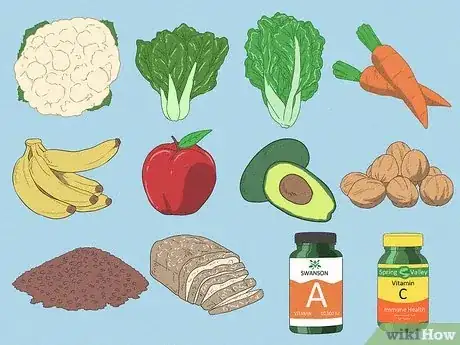






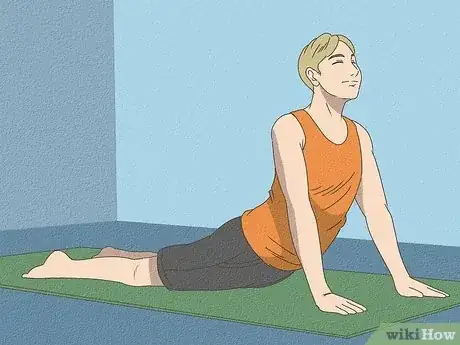




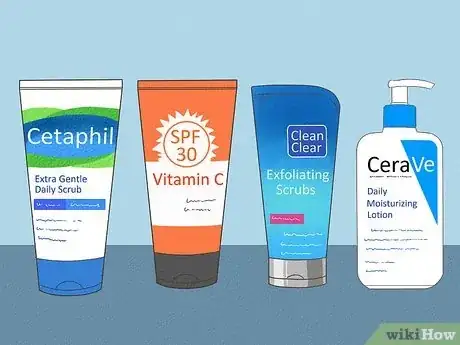
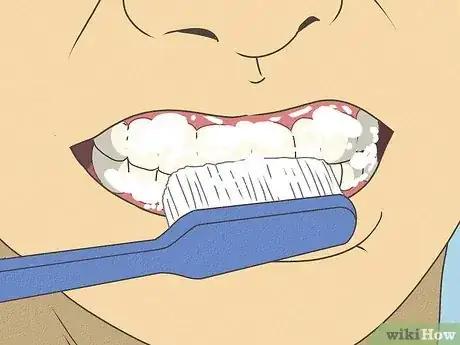
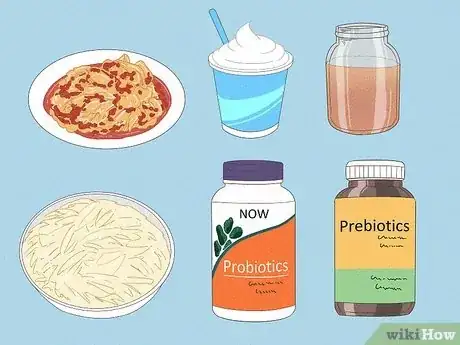



























































Medical Disclaimer
The content of this article is not intended to be a substitute for professional medical advice, examination, diagnosis, or treatment. You should always contact your doctor or other qualified healthcare professional before starting, changing, or stopping any kind of health treatment.
Read More...